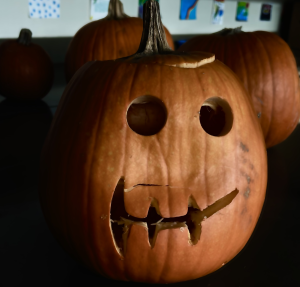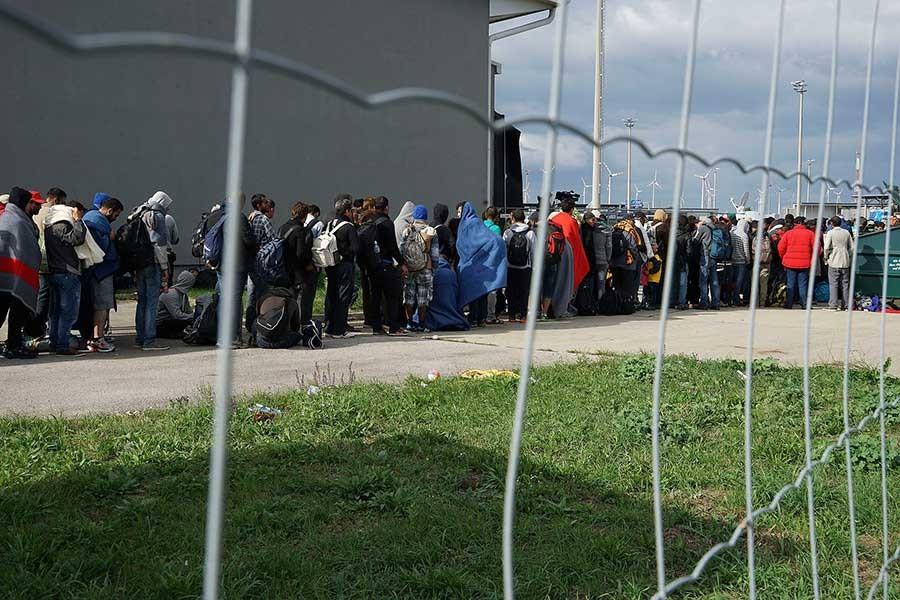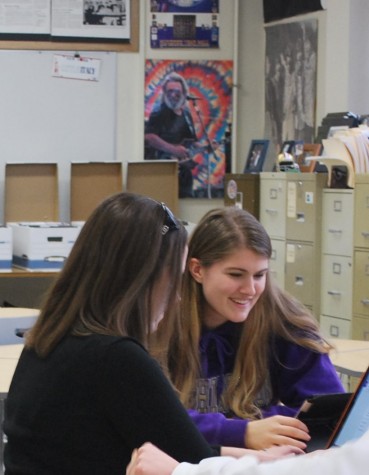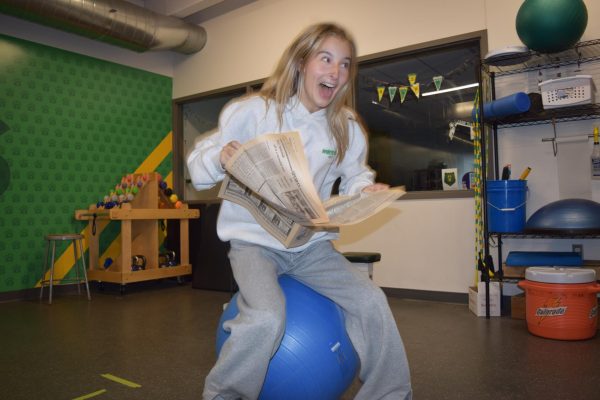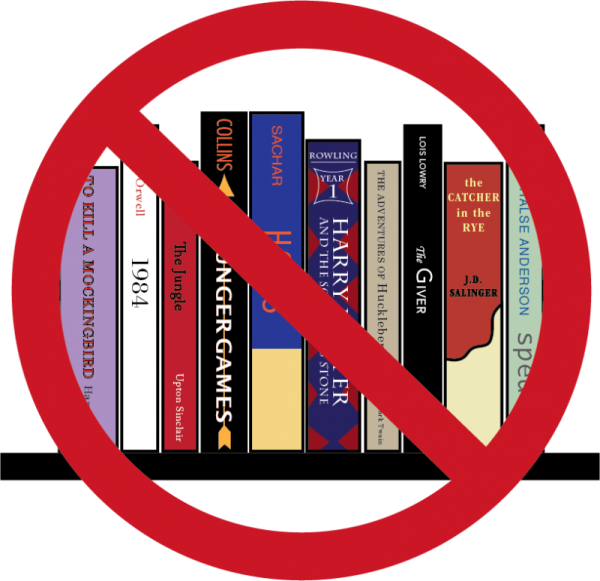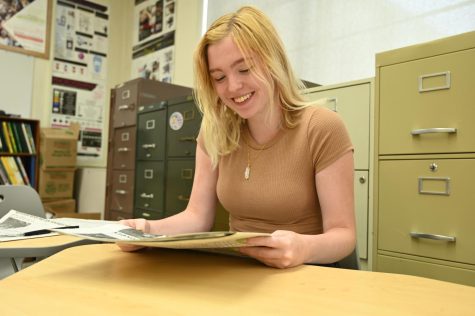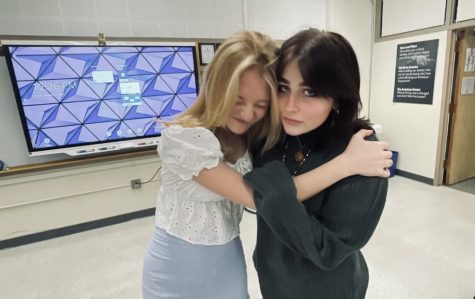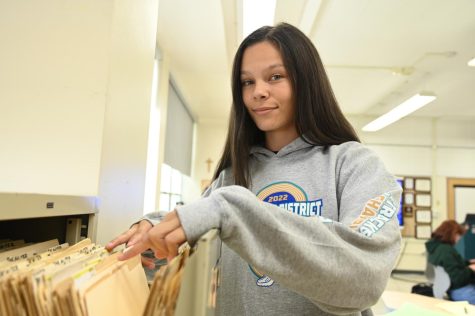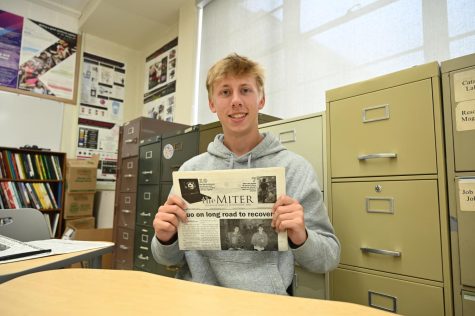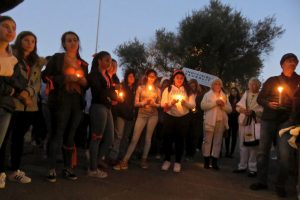We must stay informed of the world’s suffering
A line of Syrian refugees crossing the border of Hungary and Austria on their way to Germany. Hungary, Central Europe, 6 September 2015.
September 15, 2015
At this very moment, hundreds of terrified people are leaving their Middle Eastern homes to escape the effects of the Syrian Civil War. But how informed on this issue are students at Bishop Blanchet High School?
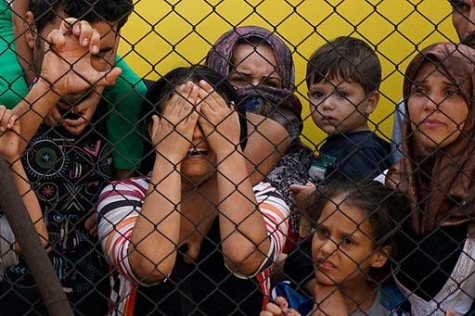
Women and children among Syrian refugees striking at the platform of Budapest Keleti railway station. Refugee crisis. Budapest, Hungary, Central Europe, 4 September 2015.
According to the New York Times, tens of thousands of migrants, mostly fleeing unrest in the Middle East and Afghanistan, are flooding out of their home countries to seek safety, but getting out of their country isn’t the only problem they encounter. Once escaped from their homeland, refugees are faced with hardships that no human beings deserve.
The New York Times staff has interviewed hundreds of refugee families that have escaped their homes. The Majids, a large Syrian family who fled from their homeland, are a gripping example of the mistreatment of refugees. After fleeing their country, the family piled onto a small boat sailing from Turkey to Greece, squeezed under a sharp wire fence in Hungary, and slept on cold, wet, concrete sidewalks. After their hellish journey, the Majids expected their hardships to be over on their way from Denmark to Sweden.
They were wrong.
The family explained that during their time in Denmark, they were jailed and treated with little respect. Instead of food, the Majid children received sugar cubes. They escaped Denmark and returned into Germany, thankfully with all the members of the family safe.
So the question still remains: Do Blanchet students know about these refugees and their struggles?
When asked what he knew about the Syrian refugees, senior Noah Traynor said, “Less than I should.”
Other students interviewed answered, “Nothing,” and “I feel bad for not knowing more about them.”
Paying attention to current events while enrolled at an academically rigorous high school can be very hard. However, it is important for Bishop Blanchet students to be connected to current events. As a Catholic school, we are encouraged to unite with those struggling around the world in prayer.
After hearing the hardships of the Syrian refugees, freshman Eliza Merriman decided that we should donate money in efforts to help them. Sophomore Masika Ulyuwena said that we should, “try to research about [the Syrian refugees], find out more about it, and get involved.”
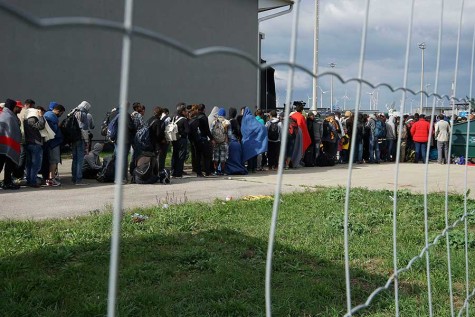
Junior Leila AlShibibi proposed that we, “connect with those refugees in Syria through our thoughts and prayers.”
Although the Blanchet community may be halfway around the world, we are working to become united with the refugees in Syria and all those trying to help them escape to
safety.

